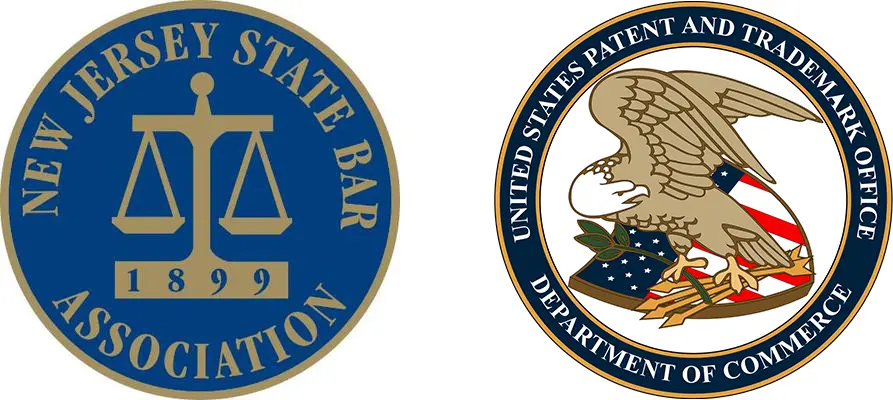August 19th, 2014 by Thomas J Germinario
Worried about the cost of full patent protection but still planning to secure your patent rights on a product? A provisional patent gives protections for up to a year, which is an excellent way to try out a new product or invention you have before committing to applying for a non-provisional patent with full patent protections.
Provisional patent applications are written without claims, which means that they can be done without the level of technical and legal expertise that a typical non provisional patent can – but, on the other hand, the lack of claims in a provisional patent application also allows for greater contestation and workarounds on your patent idea, allowing competitors to effectively steal your patent. Provisional patent applications should be written with care – only an experienced patent attorney can guarantee that your provisional or non-provisional patent applications are detailed and fine-tuned enough to give you effective patent protection.
As a provisional patent application is essentially the same thing as a regular patent application but without the ‘claims’ section, any of the patent examples in the patents section of the site will give you a good idea of what a provisional patent application should look like. Your patent will likely need to have the same level of detail as you see in these example patents, though the details will be specific to your own area of specialization.
Posted in Patents
August 7th, 2014 by Thomas J Germinario
A business idea can be patented as long as it details an actual, specific business method. Such a business method patent must be detailed and practicable. An idea to use monkeys to rewrite Shakespeare books, then, would fail to qualify for a business method patent, as it is far too general and, mostly likely, impossible or impracticable.
Thus, you don’t actually have to have a specific product that you are selling yet to obtain a patent, and often business process patents are the way to go in these cases. However, your idea must be possible, practical and purposeful. You must be able to demonstrate that your patent idea can work and has a specific function in your business order to patent your idea. Thus it is often best if you are able to concretely test the practicality and use of your business idea, though this is neither needed nor accepted as part of the patent application process.
If you have doubts about whether your idea is specific or unique enough to qualify for patentability, it is best to discuss your idea with an experienced patent attorney before committing yourself to costly patent application fees and involved patentability searches. For a free consultation on your product patent idea, call 908-879-0091.
Posted in Patents
August 4th, 2014 by Thomas J Germinario
Suppose you have a great idea on how to solve world hunger. Can you patent an idea like this?
It depends, but probably not. You don’t need to have a physical invention to patent something – a patent is often an idea before it is an actual product, and a process can also be patented. But a patent must refer to something practical, functional, and above all, specific. Patents could include ideas for inventions that might cure world hunger – like a new disease-resistant grain or a more efficient threshing machine – or a specific process that does so – like a new business process for small farms that enables them to produce more food – but not general, non-specific solutions, like giving more foreign aid to poor countries.
Pure concepts are also not patentable – E=MC2, for example. The idea must ultimately be tangible and used for a practical purpose. One of major requirements for a patent, in fact, is that the patent has a useful function and actually performs that function.
Therefore, a patent on an idea is not possible unless the idea is something specific and practicable, like a patent on a business process. Even if you have an ‘idea for an invention’, that idea has to be specific. You can’t just come up with an idea for a patent without actually knowing how that patent will function. A detailed mechanical and technical understanding of your patent idea is necessary to have a successful patent application.
Posted in Patents

